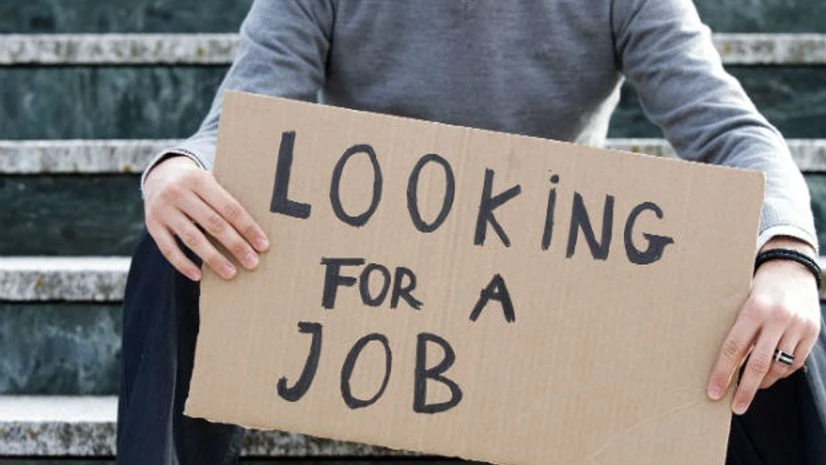The number of initial jobless claims in the US increased to reach 853,000 last week, the highest since mid-September, the Labour Department reported.
The latest data published by the Department on Thursday indicated that the ongoing continued Covid-19 resurgence across the country have been disrupting the labour market and weighing on economic recovery, reports Xinhua news agency.
In the week ending December 5, the number of Americans filing for unemployment benefits increased by 137,000 from the previous week's upwardly revised level of 716,000, according to a report released on Thursday by the Department's Bureau of Labor Statistics (BLS).
In the week ending October 17, the figure dipped below 800,000 for the first time since late March, and has been largely declining in the following weeks, until the trend was reversed in the weeks ending November 14-21 amid surging Covid-19 cases.
The BLS report showed that the number of people continuing to collect regular state unemployment benefits in the week ending Nov. 28 increased by 230,000 to 5.76 million.
Meanwhile, the recipients of Pandemic Emergency Unemployment Compensation (PEUC), a federal program that provides an additional 13 weeks of benefits for those who exhaust regular state benefits, dropped by 36,140 to reach 4.53 million in the week ending November 21.
More From This Section
The total number of people claiming benefits in all programs,- state and federal combined, for the week ending November 21 fell by 1.1 million but remained elevated at 19 million, indicating the pandemic's severe hit to the labour market.
Both PEUC, and the Pandemic Unemployment Assistance (PUA) program, which applies to workers who usually do not qualify for regular state unemployment benefits, such as the self-employed and gig workers, are set to expire on December 31, but Congress has been in a deadlock for months over a new round of coronavirus relief.
The Democrats-controlled House of Representatives in early October passed a $2.2 trillion relief bill.
Some Senate Republicans, however, insisted on a relief package below $1 trillion, and failed to advance a $500 billion bill in late October.
The White House on Tuesday proposed a new $916 billion Covid-19 relief package to Democrats.
But House Speaker Nancy Pelosi and Senate Minority Leader Chuck Schumer said it didn't provide enough funding for unemployment insurance.
Pelosi and Senate Majority Leader Mitch McConnell have recently said that they want to attach the long-awaited Covid-19 relief legislation to an omnibus funding bill.
The House on Wednesday passed a one-week stopgap funding bill to keep the federal government open through December 18, providing more time for lawmakers to negotiate a deal in pandemic relief and long-term government funding.
In a letter to Congress earlier this week, the Chamber of Commerce warned that failure to enact a meaningful pandemic package "risks a double-dip recession that will permanently shutter small businesses across the nation and leave millions of Americans with no means to support themselves and their families".
As of Monday, 17 per cent of restaurants, or more than 110,000 establishments, were closed permanently or long-term due to the coronavirus crisis, according to the National Restaurant Association.
--IANS
ksk/
(Only the headline and picture of this report may have been reworked by the Business Standard staff; the rest of the content is auto-generated from a syndicated feed.)

)
